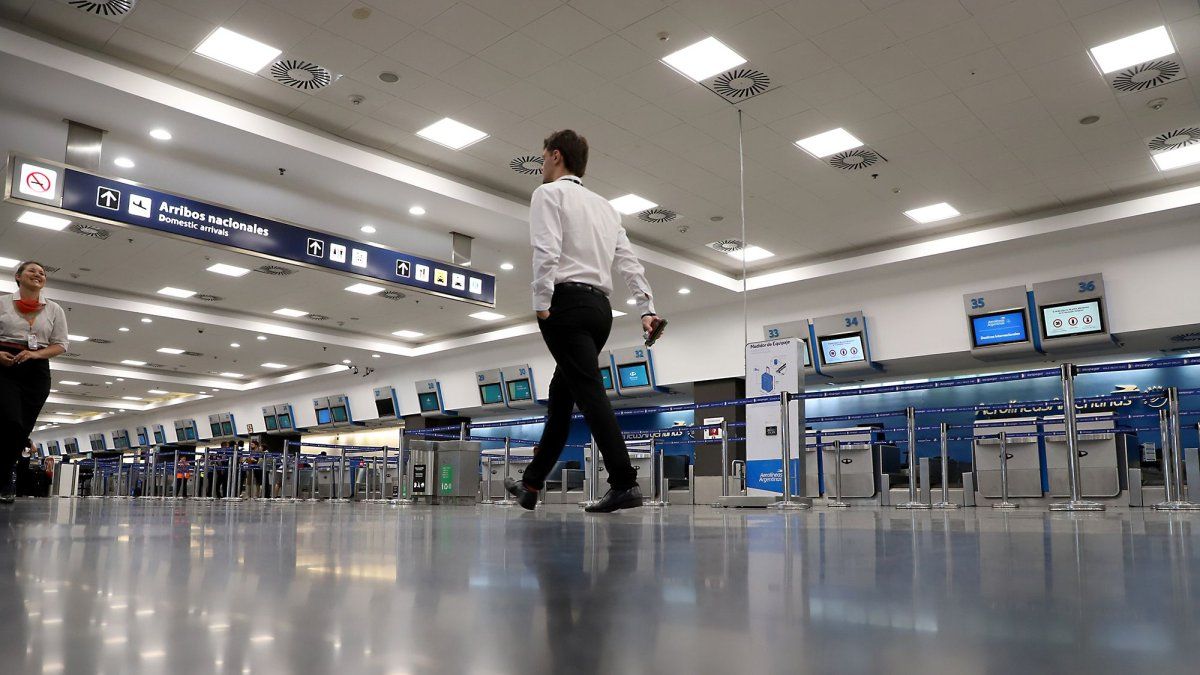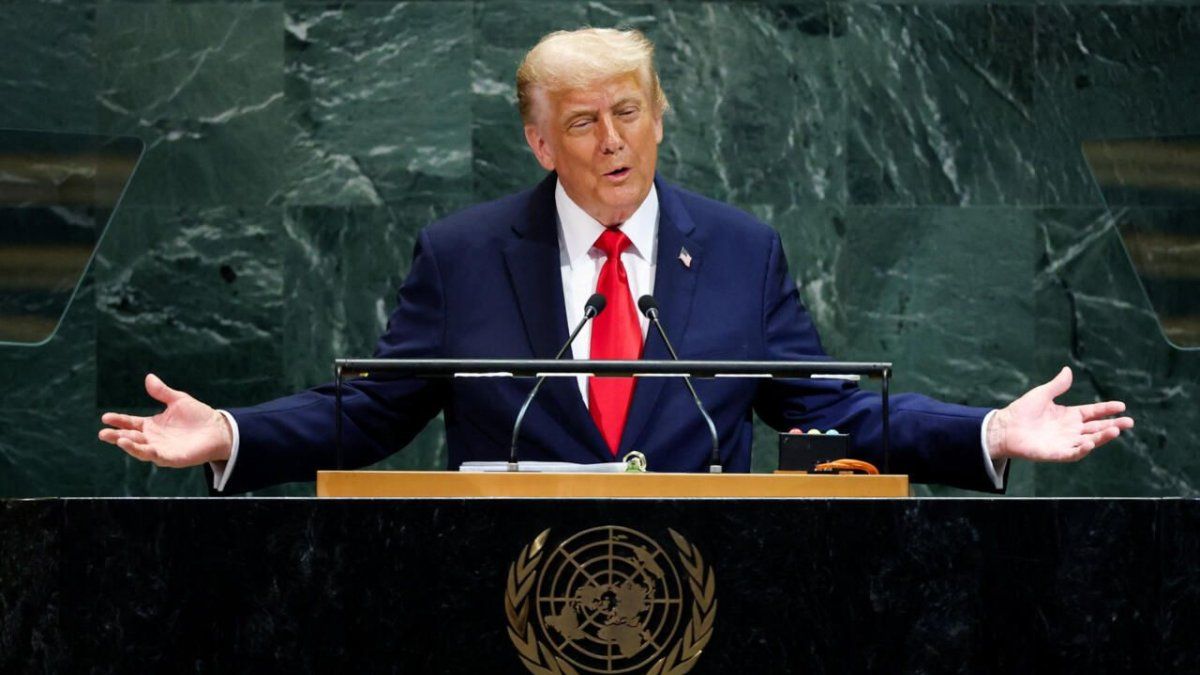Through Decree 378/2025published on Wednesday in the Official Gazette, the National Government approved a new regulation for the maximum flight times, rest periods and exceptions applicable to the crews of aerocomercial civil aviation, modifying the regulatory framework in force since December 2021. The regulations, which will enter into force within thirty days, represents a new step in the deregulation agenda promoted by the President Javier Milei.
The measure directly impacts all companies and workers in the aeronautical sector, giving greater freedom to operators to set their own service and rest times, provided that they respect the maximums established by the new regulation and guarantee the OPERATIONAL SECURITY.
A new structure for flight and rest times
The new regulation establishes that regular flight pilots may not exceed 1,000 flight hours per calendar year, or 120 hours per month. In addition, no exploiter may program or any crew to accept assignments that exceed the allowed limits, which vary according to the type of crew:
For these extensions to be admitted, it is mandatory to have adequate facilities for rest and a number of crew higher than the minimum.
In addition, it is established that the flight service time (which includes tasks prior and after the flight) cannot exceed the set margins. The minimum rest will be equal to the duration of the previous service, although never less than 10 consecutive hours. It is also required that each 168 consecutive hours work, crew people have at least 30 hours of restand annually, 15 calendar days.
For the cabin crewthe maximum service is 14 hoursbut it can be extended to 16 or 18 hours If one or two additional crew, respectively.
Non -regular transport and helicopters
In the case of non -regular aerocomercial transport, Pilots can fly up to 1,400 hours a year and 500 quarterly hours, With a maximum of 8 hours in 24 hours if it is a single pilot, and 10 hours if there are two. For helicopters, these limits can be exceeded if there is a fatigue risk management system (FRMS) or in the face of exceptional circumstances.
The decree also incorporates an exception regime that allows up to 20% of the maximum daily times and by 10% the monthly in situations of medical emergencies, disasters, national defense or unforeseen operational events. In those cases, The commander must raise a detailed report, and the exploiter maintain a specific record.
In addition, time acclimatization is regulated: if a flight crosses more than 60 degrees in length, a compensatory rest must be guaranteed to avoid physiological mismatches in the crew.
Operational security and international standards
The norm is based on the criteria of the Annex 6 of the ICAO International Civil Aviation Agreementwhich establishes international parameters for the Fatigue management and the design of rest schemes that ensure the OPERATIONAL SECURITY.
According to the official text, the previous regulations – Decree 877/2021 – generated asymmetries By applying conditions of the collective bargaining of a sector to the entire system, “violating the freedom of organization and management” of companies.
In this context, the Executive maintains that the role of the State must be limited to guarantee compliance with international standardsletting each company agree internally more specific conditions according to the type of operation.
The decree instructs the National Civil Aviation Administration (ANAC) to approve the technical regulations necessary to implement the new scheme. The process also participated in the National Directorate of Operational Security (DNSO)the Subsecretariat of Air Transportation and the Secretariat of Transportation of the Ministry of Economy.
In the next few days, the publication of Annex I of the Decree is expected, which details the technical tables of time and breaks, on the website of the Official Gazette.
Federico Sturzenegger celebrated the modifications applied to the Aeronautical Code
In his social networks, the Minister of Deregulation and Transformation of the State celebrated the publication of Decree 378/25 that increases the maximum flight times and reduces the rest and exceptions periods and pointed against the management of former president Alberto Fernández whom he accused of having “Increasing air navigation costs for all Argentines.”
Embed – https://publish.twitter.com/Oembed?url=https://x.com/fedesturze/status/1930250219192566229&partner=&hide_thread=false
With Decree 378/25, with signing of @Jmilei, @Gafrancosok and @Luishoputoar We begin to close the circle of reforms in the aerocomercial market that we started a year ago and whose fruits are seen in the passenger record. The decree, in particular, raises the maximum times of … https://t.co/xj9rmiuxu
– Fede Sturzenegger (@Fedesturze) June 4, 2025
“We began to close the circle of reforms in the aerocomercial market that we started a year ago and whose fruits are seen in the passenger record. The decree, in particular, Raise the maximum flight times of the pilots who perform aerocomercial transport aligning them with the international standard“The official explained.
In an extensive message in X, the official explained the changes that the new measure introduced: “With the previous regulations, a series of limitations to their operation were imposed on companies that today can negotiate as a company with greater freedom. “
In this regard, he explained: “Among them, before, the number of landings per day was limited, forcing unnecessary crew changes in short flights, the holiday days are adapted with those of the Labor Contract Law (Before they were triple)the service time of the pilots that prior to the decree included the time of transfer is adapted to the aeronautical taskdo, the obligation to be a certain number of days based as other restrictions is eliminated as well as other restrictions all of which are taken to the international standard or that of Argentine labor laws. “
Source: Ambito




